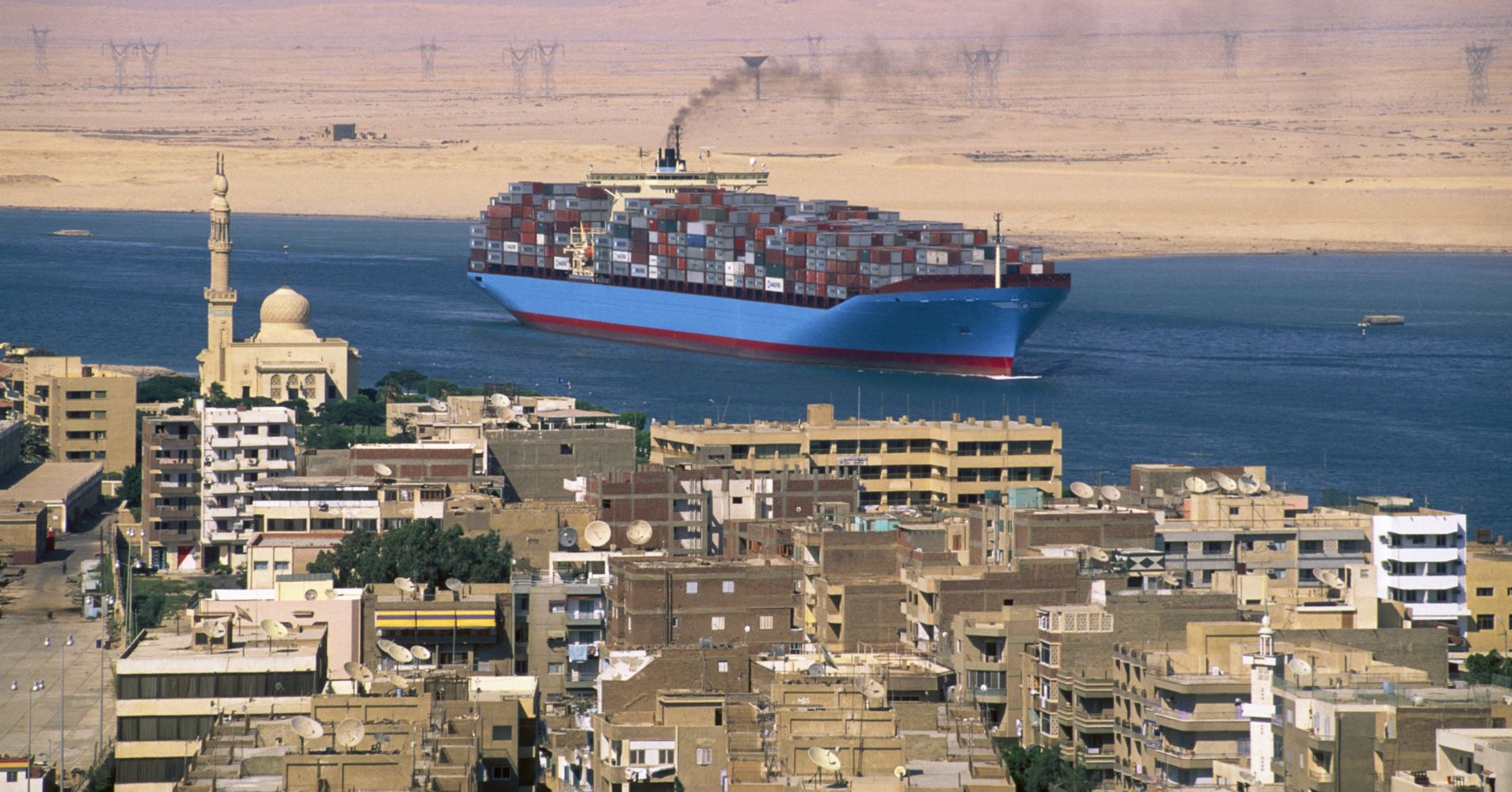Egypt’s goal to be a net gas exporter by the end of this year will strengthen it politically, Egypt’s petroleum minister said Saturday, stressing the opportunities for growth that would come from the recently-launched Eastern Mediterranean Gas Forum.
“We cannot deny that if we are able to have our own energy this will give us some — not independence but let us say some strength, edge,” Tarek el Molla told CNBC’s Hadley Gamble at the World Economic Forum on the Middle East and North Africa in Amman, Jordan.
The minister was speaking in response to a question about many Middle Eastern countries’ reliance on their wealthier Gulf patrons like Saudi Arabia — and the fact that economic support from the Gulf also often means forfeiting independence in the foreign policy arena.
“The destiny of each country is at its own decision, however, you get to capitalize on what you have — so if you have the resource, the gas, you can play smart. And of course it would be a tool, or a card, that you can play with in politics, definitely,” el Molla said.
“When I talk about the Eastern Mediterranean Gas Forum, and we talk about the hub, I say that we will together be the hub,” the minister stressed. “Egypt will not ever be able to be the hub, no, it will be the hub together with its neighboring countries, allies, partners … we are complementing each other in this field.”
The forum, which aims to establish a regional gas market and offer more competitive prices, consists of Egypt, Jordan, Israel, Italy, Greece, Cyprus, and the Palestinian Authority, with its headquarters in Cairo. El Molla has described high investor interest in the opportunities the forum will offer.
Hit by revolution and terrorist attacks from 2011 onward, Egypt ceased exporting its gas for several years, but has now made a comeback, becoming a key player in what many energy experts have called the “Eastern Mediterranean gas gold rush.”
Cairo is expected to become a net gas exporter by the end of 2019 and the country has seen widespread interest in its natural gas potential — particularly after the success of Egypt’s Zohr gas field, an offshore natural gas field in the Mediterranean Sea operated by Italian energy firm Eni.
Energy consultancy Wood Mackenzie has called it “Egypt’s astonishing gas renaissance,” and estimates that existing fields have gas reserves of 61 trillion cubic feet, with a further 45 trillion cubic feet yet to be discovered.
Foreign direct investment (FDI) in Egypt’s oil and gas sector reached $10 billion in the full fiscal year of 2017/18, el Molla told an Egyptian newspaper last August, and expects at least the same in 2018/2019. In December, el Molla said Egypt had signed over 12 exploration and production agreements with international oil companies (IOCs) during 2018. The petroleum minister told CNBC in January that Egypt’s gas reserves could even be a catalyst for peace in the region.
Siemens is one firm that’s no stranger to Egypt’s energy sector and reportedly started doing business in the country in 1859. In recent years, it’s supplied gas and wind power plants to boost the North African country’s electricity generation and has what it calls the “Megaproject,” which connects 14.4 gigawatts to the Egyptian national grid.
Also speaking to CNBC in Jordan this weekend, Siemens Middle East CEO Dietmar Siersdorfer told CNBC’s Hadley Gamble that Egypt now has one of most modern energy systems in the whole world.
“In Egypt we’ve done the so-called mega projects, they’ve really electrified the country … What happens there now is that the industry is growing, that was the plan from the beginning for the president, for the government,” he said.
“They have also now the next level of digitalization. A lot of people have been trained now during the execution of our megaprojects,” he said, adding that the country is also developing in terms of its mobility infrastructure.
—CNBC’s Holly Ellyatt contributed to this report.
https://uk.finance.yahoo.com/news/egypt-apos-gas-exports-foreign-143352328.html?soc_src=community&soc_trk=wa&guccounter=1



